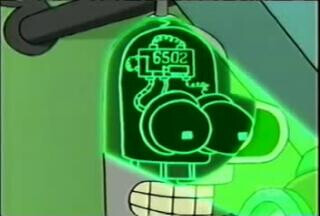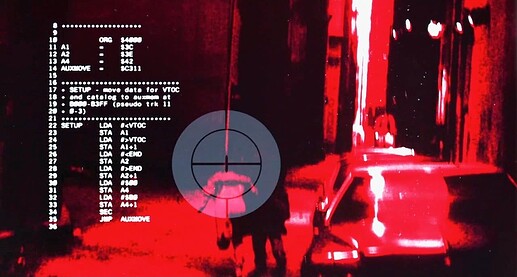We love EOR #$FF: 6502 Ponderables and Befuddlements and highly recommend it.
Here is how the book begins: “As I write, Apple is selling an M2 Ultra processor that has 134 billion transistors. In contrast, the humble 6502, released in 1975, has a mere 3,510. To the programmer, the 6502 offers bottom-up simplicity, without limiting top-down expressivity. And therein lies the appeal of 8-bit retro-computing: the hardware, firmware, and software can be completely understood and reshaped by motivated hobbyists – a microcosm for creativity.”
We love this passage - yes the simplicity of 6502 and expressivity is what has drawn us into the 8-bit retro-computing scene.
Most importantly - recommendations I found in the book and am currently enjoying:
Easy 6502
by Nick Morgan
with built-in exercises and examples such as:
LDA #$01
STA $0200
LDA #$05
STA $0201
LDA #$08
STA $0202
As it turns out (per Nick Morgan): “Bender in Futurama has a 6502 processor for a brain. Even the Terminator was programmed in 6502.”
dasm 8-bit macro assembler
The MOS Technology 6502 processor has a set of 56 instructions. Here’s a list of these instructions categorized by their operation:
Load/Store Operations
- LDA (Load Accumulator)
- LDX (Load X Register)
- LDY (Load Y Register)
- STA (Store Accumulator)
- STX (Store X Register)
- STY (Store Y Register)
Arithmetic
- ADC (Add with Carry)
- SBC (Subtract with Carry)
Increment & Decrement
- INC (Increment Memory)
- INX (Increment X Register)
- INY (Increment Y Register)
- DEC (Decrement Memory)
- DEX (Decrement X Register)
- DEY (Decrement Y Register)
Shifts
- ASL (Arithmetic Shift Left)
- LSR (Logical Shift Right)
- ROL (Rotate Left)
- ROR (Rotate Right)
Logical
- AND (Logical AND)
- ORA (Logical Inclusive OR)
- EOR (Exclusive OR)
- BIT (Bit Test)
Control
- JMP (Jump)
- JSR (Jump to Subroutine)
- RTS (Return from Subroutine)
- RTI (Return from Interrupt)
Branches
- BCC (Branch if Carry Clear)
- BCS (Branch if Carry Set)
- BEQ (Branch if Equal)
- BMI (Branch if Minus)
- BNE (Branch if Not Equal)
- BPL (Branch if Plus)
- BVC (Branch if Overflow Clear)
- BVS (Branch if Overflow Set)
Status Flag Changes
- CLC (Clear Carry Flag)
- SEC (Set Carry Flag)
- CLI (Clear Interrupt Disable)
- SEI (Set Interrupt Disable)
- CLV (Clear Overflow Flag)
- CLD (Clear Decimal Mode)
- SED (Set Decimal Mode)
System Functions
- BRK (Force Interrupt)
- NOP (No Operation)
Register Transfers
- TAX (Transfer Accumulator to X)
- TXA (Transfer X to Accumulator)
- TAY (Transfer Accumulator to Y)
- TYA (Transfer Y to Accumulator)
- TSX (Transfer Stack Pointer to X)
- TXS (Transfer X to Stack Pointer)
These instructions are the foundation of programming for the 6502 processor, which was widely used in early home computers and video game consoles.


